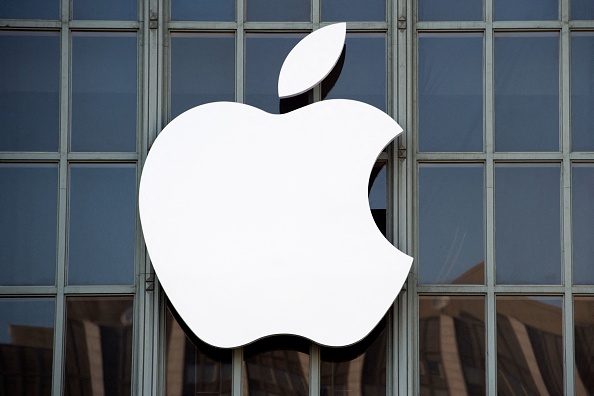On September 10, the European Court of Justice made a final ruling that Apple lost a lawsuit against the competition regulatory authorities in the European Union, and must pay €13 billion (approximately $14.4 billion) in taxes to Ireland. This lawsuit has attracted great attention because the Irish government, which stands to receive a huge sum of money, surprisingly opposed the EU’s decision.
The European Commission accused Apple in 2016 of benefiting from two tax agreements in Ireland that artificially reduced the taxes it should have paid over more than twenty years. Therefore, Apple was required to pay back taxes to the Irish government. In 2014, Apple’s effective tax rate on corporate income tax paid in Ireland was only 0.005%.
In a ruling in 2020, the European General Court disagreed with the European Commission’s accusation.
In this final ruling, the European Court of Justice, as the highest court in Europe, overturned the General Court’s decision, stating, “confirmed the Commission’s decision of 2016: that Ireland had granted Apple unlawful tax benefits, which Ireland is required to recover.”
This ruling is final and cannot be appealed.
Apple expressed disappointment with this decision. Apple stated that during the EU investigation period from 2003 to 2014, it paid $5.77 billion in taxes in Ireland, accounting for 12.5% of the profits generated in the country.
The company said, “The European Commission is trying to retrospectively change the rules and disregard the fact that our profits have been taxed in the U.S. according to international tax law.”
However, European Commissioner for Competition Margrethe Vestager welcomed this ruling. She said on X, “Today is a major victory for European citizens and tax fairness.”
She also won another major victory on the 10th. The European Court of Justice supported her crackdown on Google’s anti-competitive behavior, resulting in Google having to pay a fine of €24.2 billion. This is the first of three hefty fines that the company faces for various anti-competitive practices.
Vestager’s term will end in November, and she has gained recognition for her investigations into tax arrangements of large tech companies with some EU countries and suppressing smaller competitors. These rulings may encourage her successor to take similar actions.
The €13 billion fine is approximately 40 times the typical amount in similar judgments by the European Commission and is the highest amount in such cases.
However, when in 2016 the European Commission’s Margrethe Vestager announced that Apple should repay Ireland, the Irish government was not happy about potentially receiving a large sum of tax revenue. Instead, they appealed the EU’s decision, arguing that their tax treatment concerning intellectual property transactions was in line with practices of other Organization for Economic Cooperation and Development (OECD) countries.
This is because Ireland has long been known for attracting overseas investments through low tax rates. Over the past few decades, Ireland has attracted a large number of foreign enterprises through its 12.5% low corporate tax rate. Between 1995 and 2015, direct U.S. investments in Ireland amounted to $277 billion, creating 130,000 job opportunities in the country.
Irish people also support the government in its legal battles with the EU.
According to data released by IBEC, a business lobbying organization in Ireland in 2016, one in six jobs in the country relies on multinational company employers. Therefore, many Irish believe that the government’s ability to defend this economic model and not scare off foreign companies is more important in the long run, as it is the core of Ireland’s economic model.
However, Ireland has since cooperated in global corporate tax rule reforms, giving up the 12.5% corporate tax rate. But since then, its tax revenue from multinational companies has actually increased.
(Reference: Reuters)

